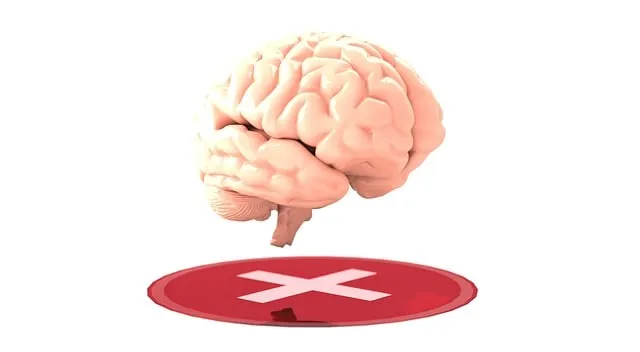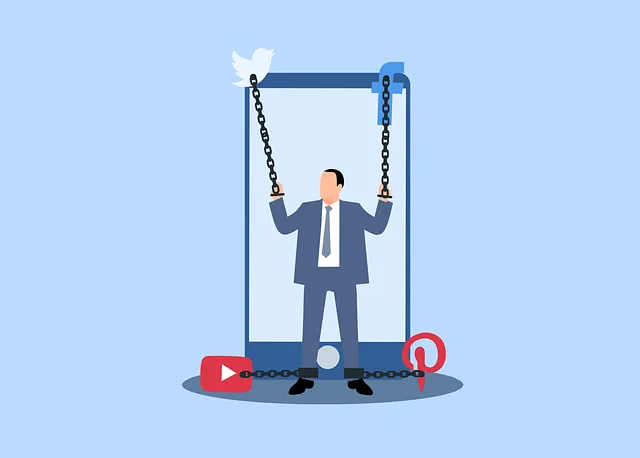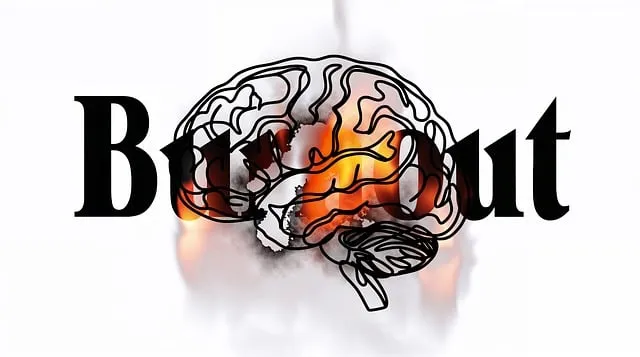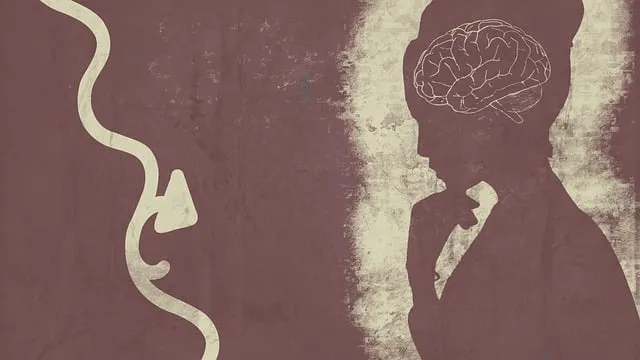Boulder Kaiser Permanente psychiatry leads in creating innovative, accessible mental wellness self-assessment tools. These resources empower individuals to understand and manage their emotional states, offering evidence-based strategies for stress, anxiety, and burnout relief. By combining clinical expertise with user feedback, these assessments promote mental health awareness while catering to diverse needs in a fast-paced world.
Mental wellness self-assessment tools play a crucial role in identifying and managing our emotional well-being. This article delves into the development of such tools, with a particular focus on the pioneering work of Boulder Kaiser Permanente Psychiatry. We explore how their expertise has shaped effective and accessible resources, enabling individuals to better understand and navigate their mental health journeys. By examining these tools, we aim to highlight innovative practices that can enhance overall well-being in today’s digital era.
- Understanding Mental Wellness Self-Assessment Tools
- The Role of Boulder Kaiser Permanente Psychiatry in Tool Development
- Creating Effective and Accessible Assessment Resources
Understanding Mental Wellness Self-Assessment Tools

Mental wellness self-assessment tools play a pivotal role in empowering individuals to take charge of their mental health. These tools, often designed by professionals like those at Boulder Kaiser Permanente psychiatry, serve as valuable resources for self-reflection and understanding one’s emotional state. They encourage users to identify signs of stress, anxiety, or potential burnout, enabling proactive measures to maintain good mental wellness. By integrating empathy-building strategies, these assessments foster a deeper connection with oneself, enhancing the ability to recognize and manage symptoms effectively.
Such tools are particularly relevant in today’s fast-paced world where burnout prevention is a growing concern. They provide individuals with a means to assess their emotional well-being, offering insights that can guide personalized self-care practices. Moreover, they contribute to broader mental health awareness, encouraging open conversations about anxiety relief and promoting a culture of care and support.
The Role of Boulder Kaiser Permanente Psychiatry in Tool Development

Boulder Kaiser Permanente Psychiatry plays a pivotal role in the development of mental wellness self-assessment tools. As a leading healthcare provider, they bring expertise in both clinical practice and research to the table. Their team of skilled psychiatrists and psychologists work tirelessly to understand the nuances of various mental health conditions, ensuring that the tools created are accurate, reliable, and sensitive to the diverse needs of individuals seeking support for their emotional well-being.
The department’s commitment to Anxiety Relief and Emotional Healing Processes is evident in its approach to tool development. They strive to create resources that not only identify potential mental illness but also promote understanding and reduce the stigma associated with Mental Illness. By incorporating feedback from both patients and professionals, Boulder Kaiser Permanente Psychiatry ensures their tools are evidence-based and aligned with current best practices in mental health care. This holistic effort contributes significantly to enhancing access to quality mental wellness assessments.
Creating Effective and Accessible Assessment Resources

In developing effective and accessible mental wellness self-assessment tools, such as those offered by Boulder Kaiser Permanente psychiatry services, it’s crucial to strike a balance between depth of assessment and user-friendliness. Tools should be designed to cater to a wide range of users, including those who may have limited access to technology or face challenges in navigating complex language. Incorporating simple, clear language and intuitive interfaces can significantly enhance accessibility, ensuring that everyone, regardless of their background, can benefit from these resources.
Furthermore, incorporating evidence-based practices and integrating feedback from mental health professionals can ensure the accuracy and effectiveness of self-assessment tools. For instance, tools aimed at Self-Esteem Improvement or Communication Strategies should be underpinned by psychological theories and research to offer meaningful insights and actionable steps. By combining accessibility with scientific rigor, these resources can contribute to raising Mental Health Awareness and empowering individuals to take charge of their mental wellness.
Boulder Kaiser Permanente psychiatry has played a pivotal role in advancing mental wellness self-assessment tools. By combining expertise with a commitment to accessibility, they’ve developed resources that empower individuals to take charge of their mental health. These tools offer a practical and effective way for folks to assess their well-being, fostering proactive care and improving overall psychological resilience. With ongoing innovation, these assessments are revolutionizing how we approach mental wellness, ensuring that support is readily available for those who need it.





